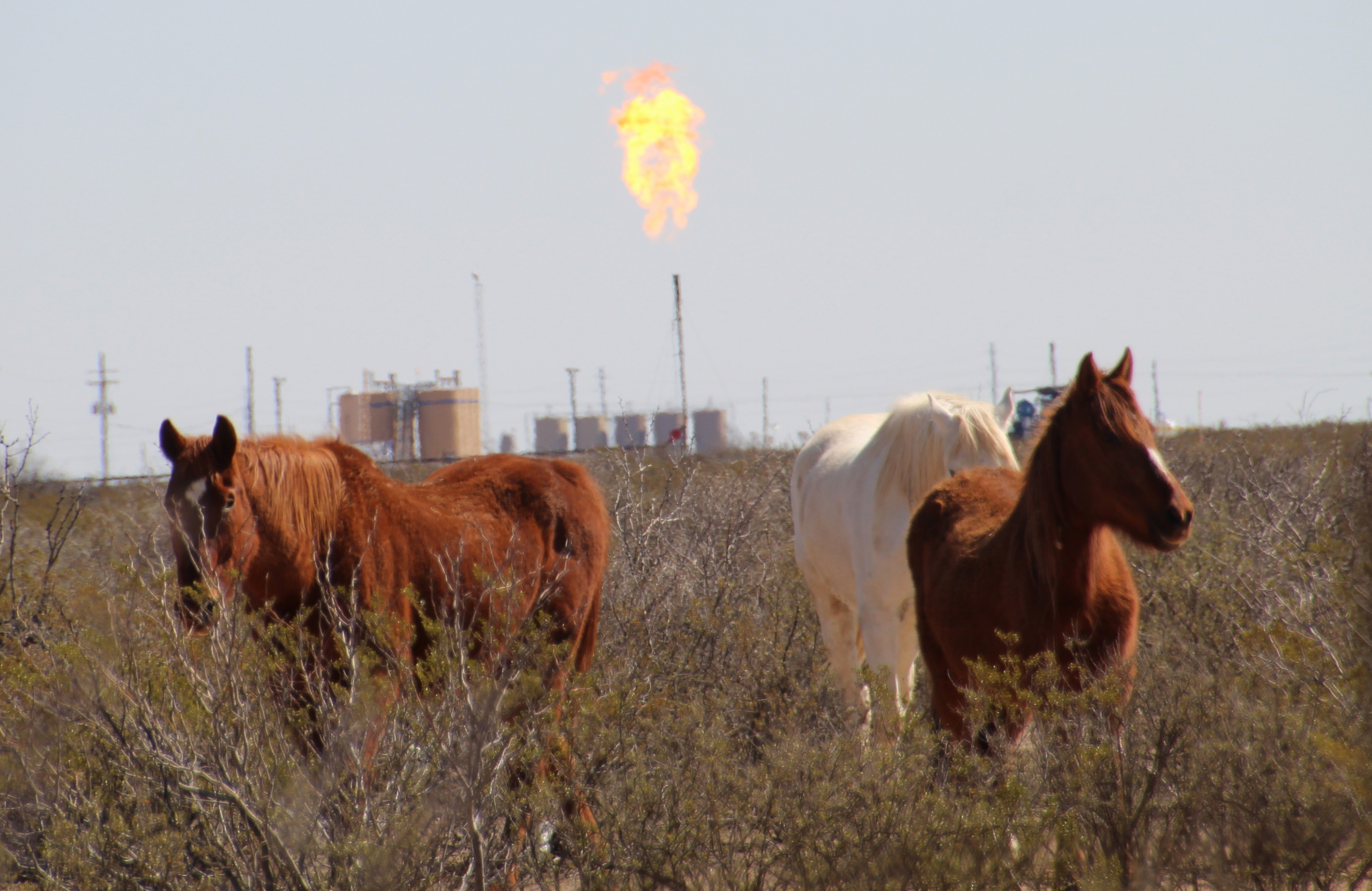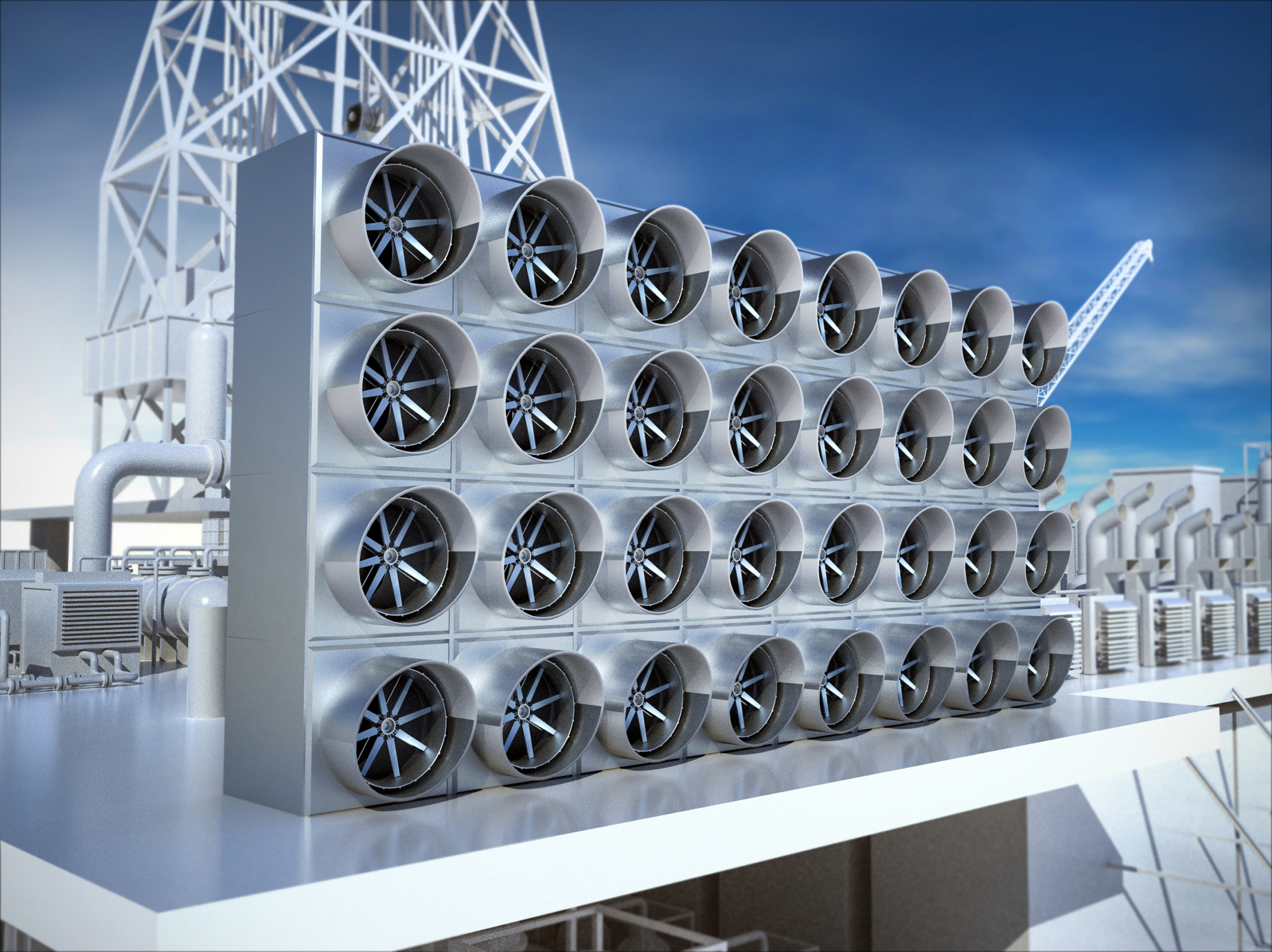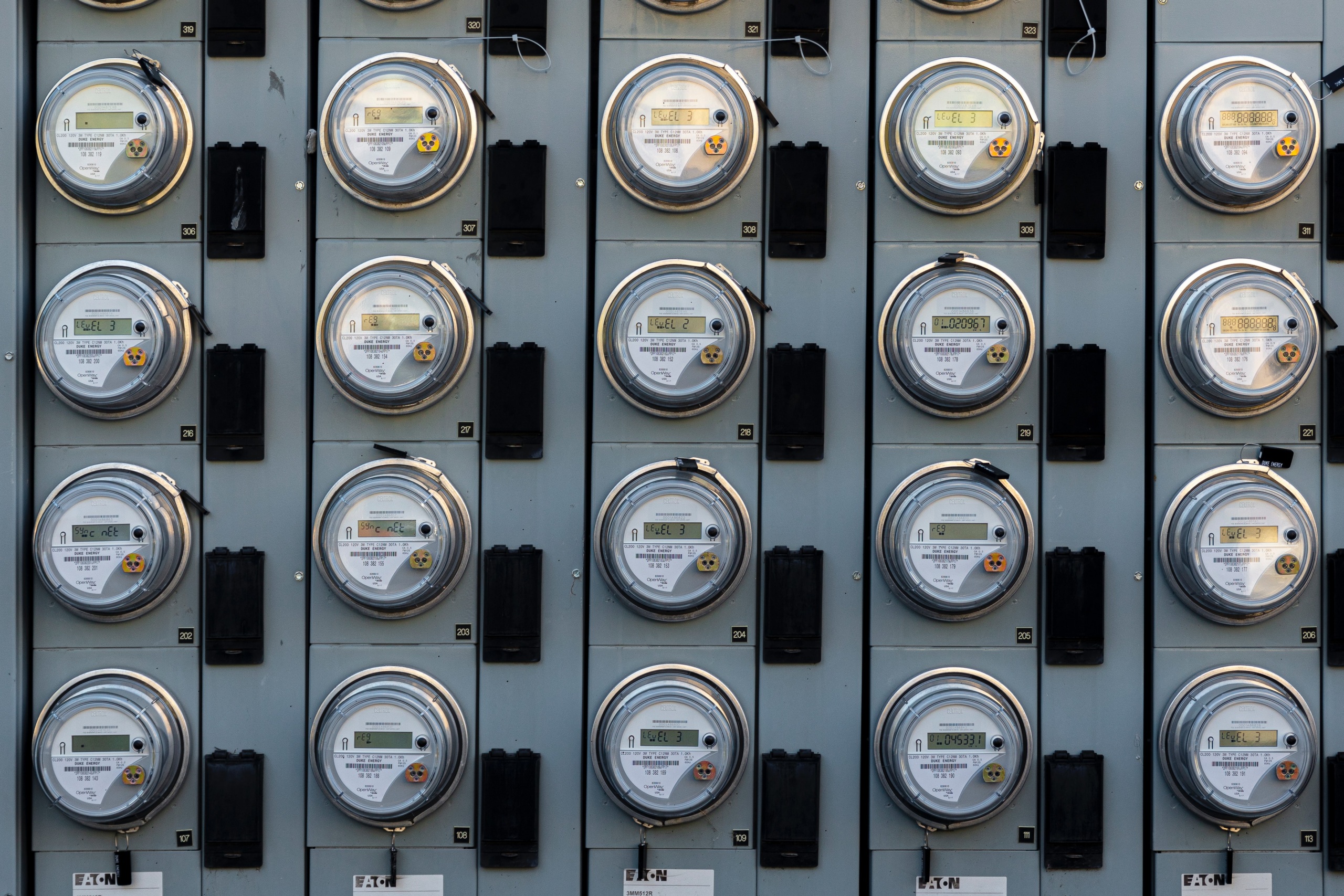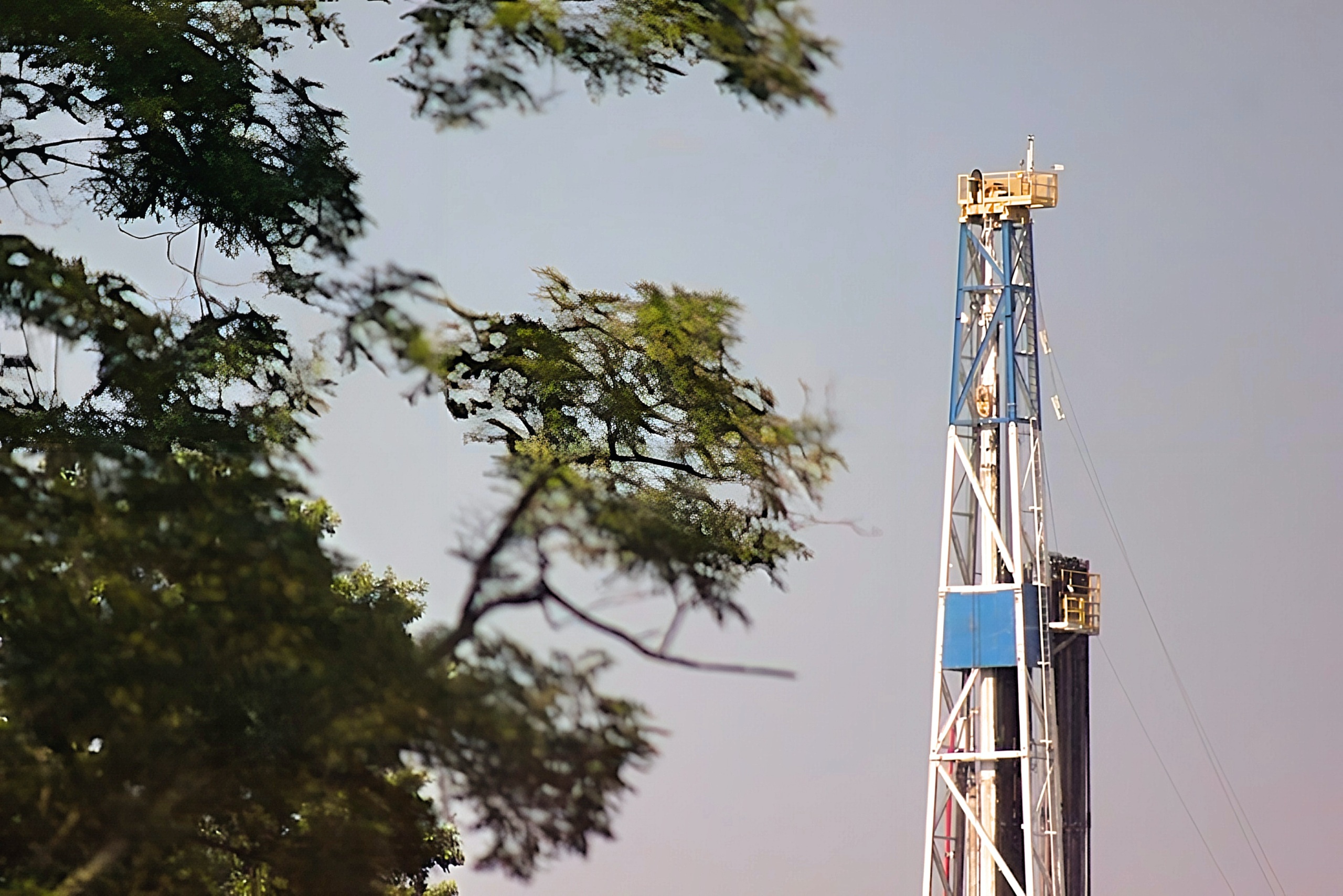
A Cleaner Path for Oil in Texas
The global oil price war, demand reductions resulting from the coronavirus outbreak, and the industry’s mountain of debt have left Texas oil and gas companies in crisis. But even before the crisis, oil and gas drilling in Texas posed dangers to the environment and public health. Any response to the current crisis by the Railroad Commission and other state leaders should recognize the underlying risks created by oil and gas production and move toward correcting them.

The global oil price war, demand reductions resulting from the coronavirus outbreak, and the industry’s mountain of debt have left Texas oil and gas companies in crisis. But even before the crisis, oil and gas drilling in Texas posed dangers to the environment and public health. Any response to the current crisis by the Railroad Commission (RRC) and other state leaders should recognize the underlying risks created by oil and gas production and move toward correcting them.
The RRC’s Blue Ribbon Task Force for Oil Economic Recovery is ill-suited to respond to the full range of problems involving the oil and gas industry in Texas because the task force is focused on the industry’s short-term financial challenges. The task force is ignoring the industry’s long-term financial challenges and the environmental and public health harm it causes the state and its residents. It is in the best long-term interest of Texas for the RRC to recognize these problems and begin to create a plan to address them. That means the RRC should seek to design a managed decline for the industry that helps transition the state to clean energy sources and reduces environmental and health damage from the remaining activities of the petroleum industry.
Existing environmental and public health threats from oil and gas production, transportation and storage may be exacerbated by the current crisis.
Already, flaring and venting of natural gas add to global warming pollution and waste the state’s valuable energy resources.
- Burning or venting natural gas, which consists primarily of the powerful climate pollutant methane, contributes to global warming.
- Flaring has increased four-fold since 2010 in the U.S. due to the shale boom.
- More than 10 percent of flares in the Permian Basin were malfunctioning during a recent survey, including 5 percent of flares that were not even lit, resulting in direct releases of methane to the atmosphere.
- The price of gas has been so low that some producers have been reluctant to pay pipeline operators to carry gas to market.Instead, they have flared and vented gas. If energy demand remains weak over a prolonged period, low gas prices may lead more operators to prefer flaring.
Texas’ existing backlog of orphan wells creates a risk to the environment. A potential wave of oil company bankruptcies could swell the number of wells the state needs to deal with, without providing adequate funds for cleanup.
- Wells that are no longer producing are supposed to be plugged. If an operator goes bankrupt, its wells become orphans and the responsibility falls to the state to plug them.
- Unplugged wells leak methane, adding to climate pollution, and can pollute groundwater.
- Though Texas has more than 6,000 orphan wells, the state plugged only 1,700 wells in 2019.The RRC acknowledges that the number of orphan wells may increase as oil companies fail, as has happened in past downturns.
- The bonds obtained by well operators to cover the cost of plugging wells in case they go bankrupt fall far short of covering the state’s costs. In fiscal year 2015, bond money from oil and gas companies that went bankrupt covered less than 16 percent of what the RRC spent plugging wells.
Texas oil producers are pumping more oil than they can sell and the state’s major storage facilities are close to full. New storage options are risky because they could lead to water pollution.
- Until recently, the only legal way to store large volumes of oil underground in Texas was in salt formations, which are unlikely to pollute groundwater.
- The RRC recently decided to allow oil storage underground in locations other than salt formations, such as productive or depleted oil or gas reservoirs.
- Many of these untested storage options overlap with aquifers that provide drinking water.
The environmental damage, threats to public health and economic vulnerability of the oil industry mean that new infrastructure projects make little sense.
- Texas began the year with more than 200 fossil fuel projects planned or under construction, including projects that would build or expand 17 oil and gas terminals, 20 refineries and 73 pipelines.
- The state’s planned, under construction or recently completed oil and gas infrastructure projects would result in an emissions increase of at least 179 million tons of carbon dioxide equivalent (CO2e) by 2030, according to a 2020 University of Texas study.
- Oil and gas infrastructure threatens Texas’ wilderness and wildlife. For example, the currently under-construction Permian Highway Pipeline cuts through the habitat of the golden-cheeked warbler, an endangered songbird species that nests only in Central Texas’ oak-juniper woodlands.
- Other threats include oil spills from pipeline ruptures or storage facilities that can significantly damage aquatic ecosystems.
It is in the best long-term interest of Texas for the RRC to begin to create a plan to address these problems. The RRC should not use the current crisis as a reason to extend or expand damaging practices and infrastructure. The RRC should:
- Stop granting flaring permits except for health and safety reasons, stop granting exceptions that extend existing flaring permits, improve monitoring of flaring and methane pollution to ensure that a crackdown on flaring does not lead to more venting, improve flaring data collection and separate out data on flaring and venting, enforce existing permits on flaring, and adopt a formal policy goal to end routine flaring by 2025.
- Reduce the problem of orphan wells by ensuring that companies plug wells promptly after they quit producing, tightening the standards that define what constitutes an “inactive” well, and accelerating the rate at which orphaned wells are plugged. To help accomplish this, the RRC should increase permitting fees. The legislature should increase bonding requirements and transfer existing RRC appropriations to supplement the RRC’s cleanup fund.
- Reverse its earlier decision on oil storage and prohibit oil storage in locations that were previously deemed unacceptable.
- Work with other state agencies to halt construction on infrastructure projects currently underway and reject all new proposed projects.
Photo: Earthworks
Topics
Authors
Elizabeth Ridlington
Associate Director and Senior Policy Analyst, Frontier Group
Elizabeth Ridlington is associate director and senior policy analyst with Frontier Group. She focuses primarily on global warming, toxics, health care and clean vehicles, and has written dozens of reports on these and other subjects. Elizabeth graduated with honors from Harvard with a degree in government. She joined Frontier Group in 2002. She lives in Northern California with her son.
Find Out More

Carbon dioxide removal: The right thing at the wrong time?

How to get more from state energy efficiency programs

“Certified natural gas” is not a source of clean energy

